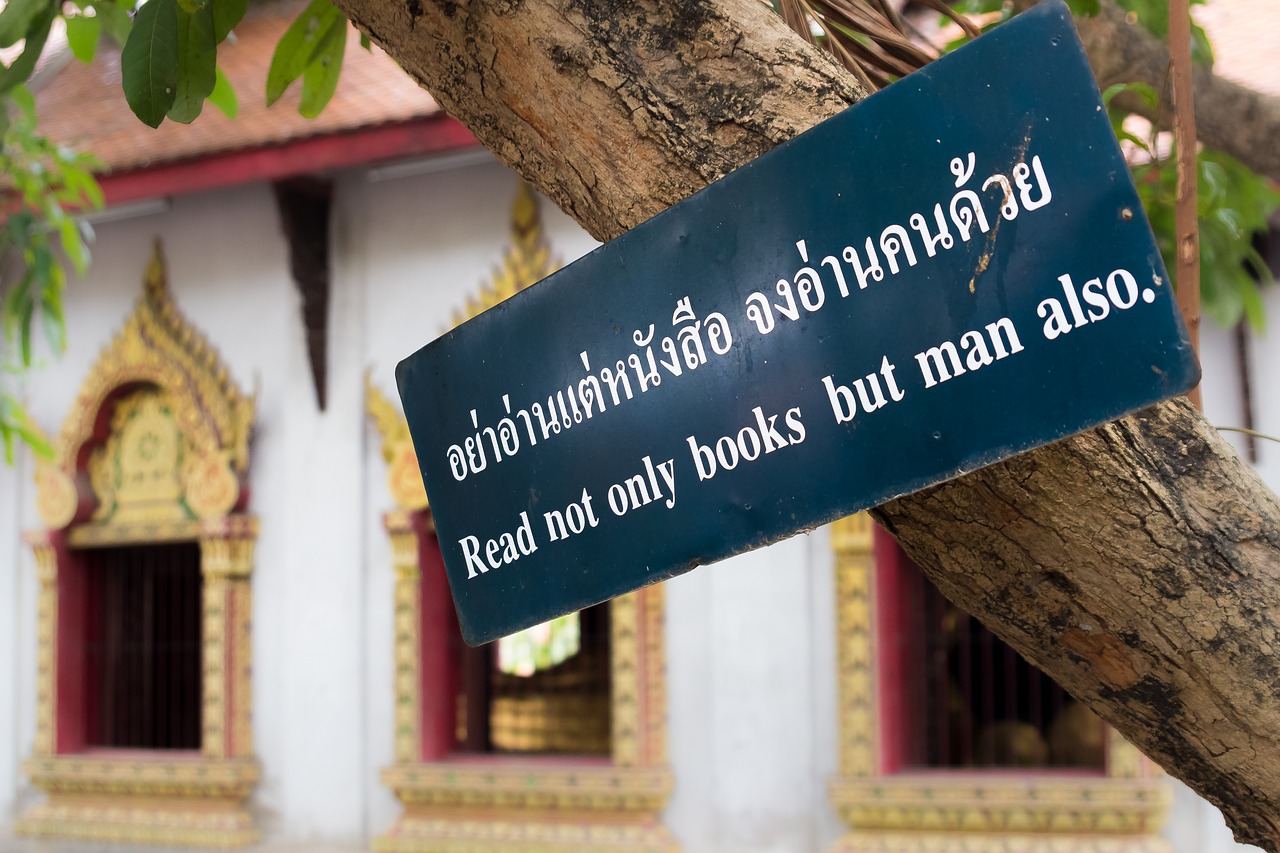Why I Decided to Learn Another Language
I love languages. There’s just something about the feeling of turning an idea into a linguistic expression. It’s an intimate way of understanding an entirely different way of thinking.
When I learn a language, I aim for perfection, or as close as I can get, but I hadn’t started learning a new language in ages. I decided to go back to basics and learn about Thai and Tibetan, two languages which have fascinated me for ages, but which didn’t really have a clear economic or career value.… Read the rest




